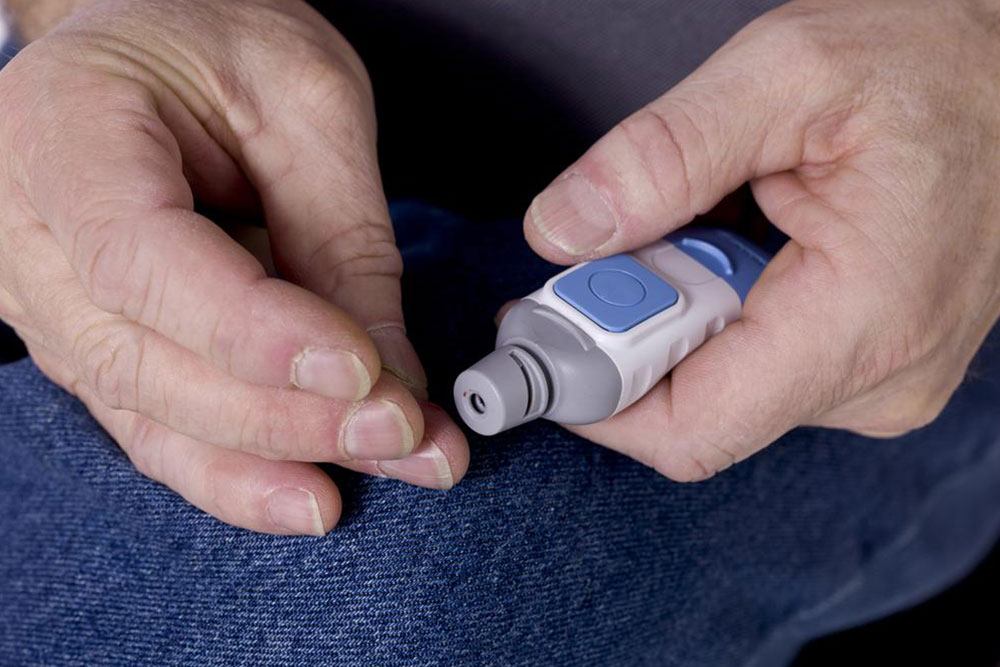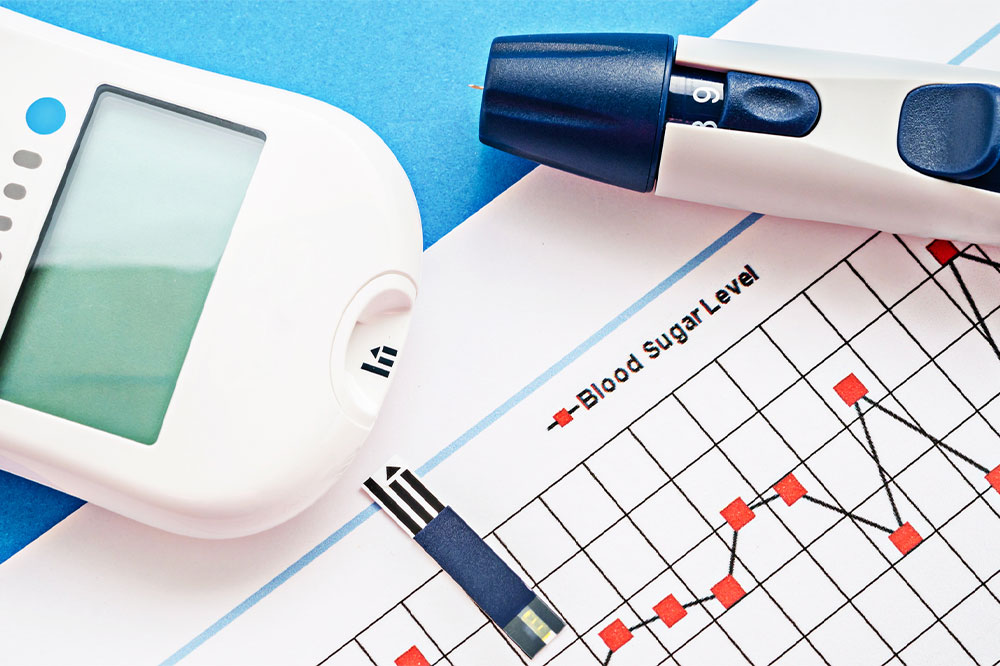Unexpected Sugary Foods You Should Watch Out For
Discover five common foods that may unexpectedly contain high amounts of sugar, posing risks for diabetics. Learn how to make healthier choices by reading labels and opting for low-sugar alternatives. Making informed dietary decisions can help manage blood sugar levels effectively and prevent complications associated with diabetes.

Diabetes is a condition where managing blood sugar is crucial, and diet plays a vital role. Prolonged intake of certain foods that boost insulin resistance can worsen the disease over time. While obvious sugary treats are known offenders, some seemingly healthy foods can also contain hidden sugars. Here are five common foods that may surprise you with their high sugar content and should be consumed cautiously by diabetics.
Five Surprising Sugary Foods
Flavored Yogurt
Next time you choose a healthy snack like flavored yogurt, check the ingredients for added sugars or artificial sweeteners. Opt for plain yogurt and add fresh fruits for flavor.
Breakfast Cereals
Though fortified with vitamins and made from whole grains, many breakfast cereals contain added sugars that can impact blood sugar levels negatively. Read labels carefully and select brands with minimal sugar content.
Granola Bars
Often viewed as healthy, granola bars can contain significant amounts of added sugar. It's best to choose sugar-free or low-sugar options to avoid spikes in blood glucose.
Condiments
Many dressings, ketchup, teriyaki, and barbecue sauces harbor hidden sugars and preservatives that can elevate blood sugar. Using sugar-free alternatives helps keep your levels stable.
Meat and Protein Sources
Red meats like beef and pork contain high heme-iron levels, which may increase diabetes risk. Opt for lean poultry, fish, or plant-based proteins such as lentils, soy, and pulses. Avoid frying meats to prevent blood sugar increases.
Disclaimer: This information aims to inform but isn't a substitute for professional medical advice. Always consult healthcare professionals for diagnosis and treatment options regarding diabetes or other health conditions.










